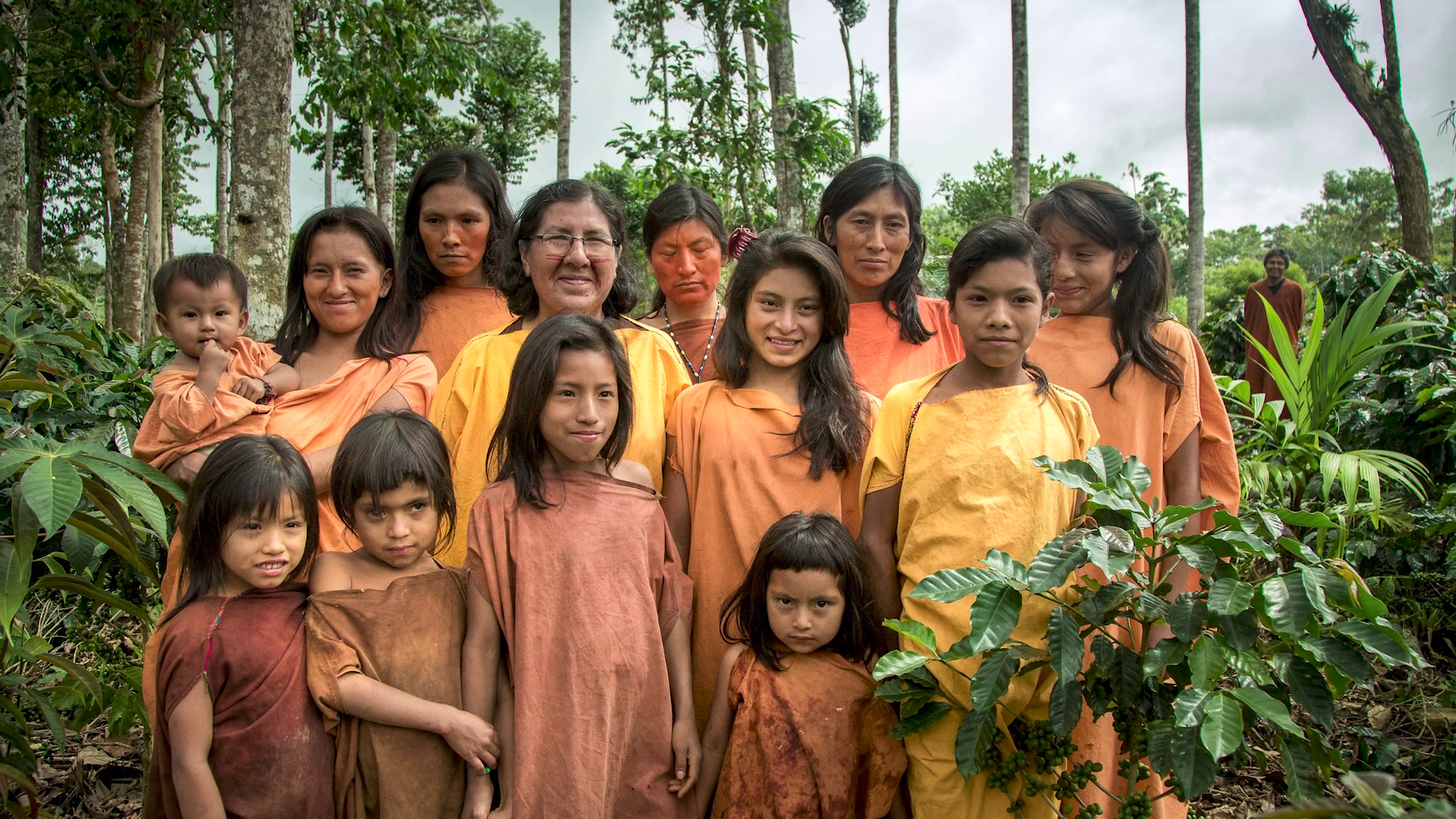New report offers solutions to emerging social and development issues for all generations
As G20 leaders meet in Rio, UN Development Programme spotlights global challenges and opportunities on justice, technology and ecological balance
July 22, 2024

Although only 17% of the UN Sustainable Development Goals are on track to be achieved by 2030, Signals Spotlight proposes that human ingenuity gives grounds for continued optimism.
Rio de Janeiro - As G20 Development Ministers meet in Brazil to discuss growing economic strains, the United Nations Development Programme today released Signals Spotlight 2024 that identifies emerging trends in development and smart ideas for tackling longer-term global challenges.
The report is the result of synthesis and analysis of ‘signals’ gathered by a growing network of more than 300 UNDP staff worldwide, who continuously scan the horizon for development-related issues and signs of change.
With conflicts proliferating, climate change accelerating, and polarization continuing to pull us apart, Signals Spotlight notes that it’s easy to be persuaded the world is only going downhill. But the publication provides a new lens that makes clear that our future is not predetermined - that we live in a world of possibility.
"We need to cooperate towards a future of development that preserves our planet for future generations, so they inherit choices, not last resorts, and a legacy of opportunity, not debt," said Achim Steiner, UNDP Administrator.
Although only 17% of the UN Sustainable Development Goals (SDGs) are on track to be achieved by 2030, Signals Spotlight proposes that human ingenuity gives grounds for continued optimism.
“We still have five years to advance the SDGs. They remain the best way to forge a better future for all. Ahead of the UN Summit of the Future in September, this is a good moment to remind ourselves that we do have choices – choices that will determine the world we leave to future generations,” added Steiner.
With the UN Summit of the Future in mind, Signals Spotlight focuses on intergenerational equity, or fairness across generations, and identifies emerging themes in development and a host of new ideas that give rise to hope in three key areas:
1. Opportunities for justice between species, across geographies and time
Noting that indigenous peoples have always recognized the inseparable relationship between humans and Mother Earth, Signals Spotlight highlights examples that show a shift towards a greater consideration of the interdependent needs of humans and non-humans:
- The rights of nature are starting to be acknowledged in constitutions, laws and even corporate boards.
- There is growing recognition of the need for alternatives to current economic models, from circular or regenerative economies, to new or post-capitalism.
- Evidence of longer-term thinking in law and policy, as Parliaments and governments establish futures bodies to eclipse the short-termism of electoral cycles.
2. Opportunities for using technology responsibly as it transforms the world
The report sees evidence that technical advances will speed up sustainable development if effective governance is applied:
- AI has the potential to narrow development gaps in agriculture, healthcare, pollution control, education, and even augment democracy.
- Multilateral cooperation in space, with sufficient regard to ethics, could improve lives on Earth; satellites could connect the 2.5 billion people still offline.
- Clean electricity supply is forecast to meet the world’s demand growth through 2026.
3. Opportunities for connected, resilient communities amidst change and uncertainty
The publication sees grounds for hope that community resilience and social cohesion can be deepened:
- Despite the challenges of what might seem like a “post-truth” world, Signals Spotlight identifies signs that people are engaging in democracy in new ways. Young people are expressing themselves beyond the ballot box, using new channels from social media to gaming to expand their political engagement.
- As people live longer, in the “post generational” society we will live more varied lives, pursuing several occupations, living and working with multiple generations.
"The welfare of future generations may seem a remote concern compared to the challenges of many in today’s world. Yet intergenerational equity is about fairness for all generations. Hope for the future does not diminish our determination to see justice in the present,’ said Steiner. “Hope matters. It influences people’s decisions and actions. Signals Spotlight – whose material comes directly from the observations of UNDP staff on the ground – gives reasons to hope, and opportunities to move towards greater equity.”
The full report is available at: Signals Spotlight 2024
Media Contact
For more information, in New York City please contact dylan.lowthian@undp.org +1 646 672 6350
About the Signals Spotlight
Signals Spotlight 2024 draws on UNDP's Future Trends and Signals System, a network of over 300 UNDP staff worldwide who continuously scan the horizon for signals of change. This is the second edition of the publication (see Signals Spotlight 2023).
The United Nations Development Programme (UNDP) is the leading United Nations organisation fighting to end the injustice of poverty, inequality, and climate change. Working with our broad network of experts and partners in 170 countries, we help nations to build integrated, lasting solutions for people and the planet.
Learn more at undp.org or follow at @UNDP

 Locations
Locations



